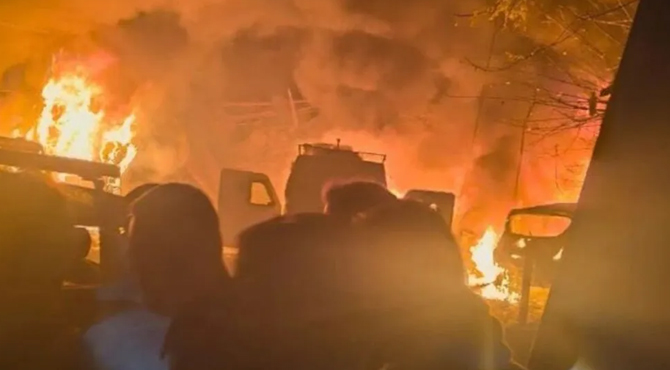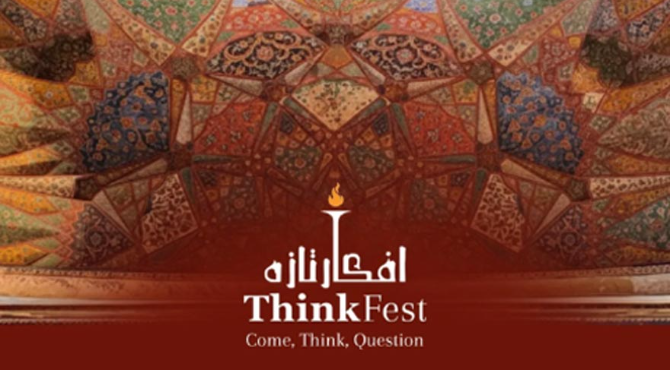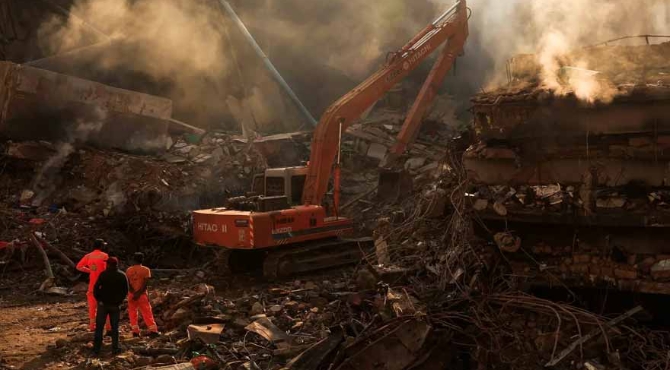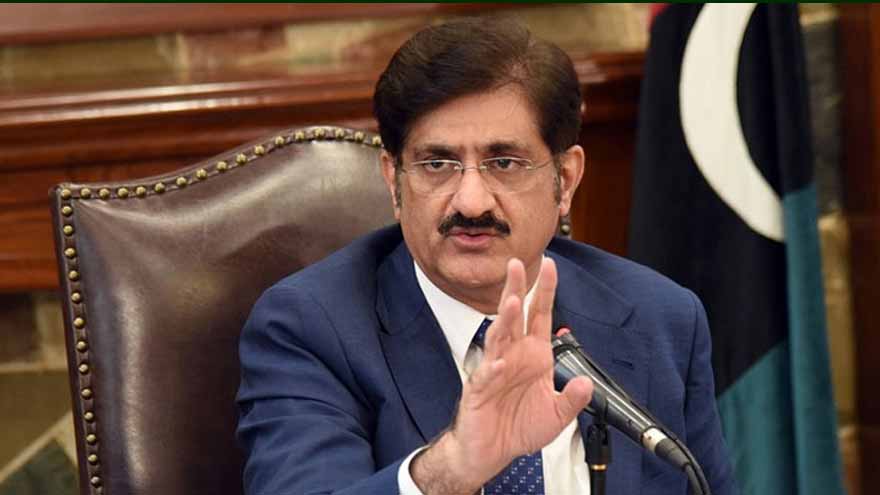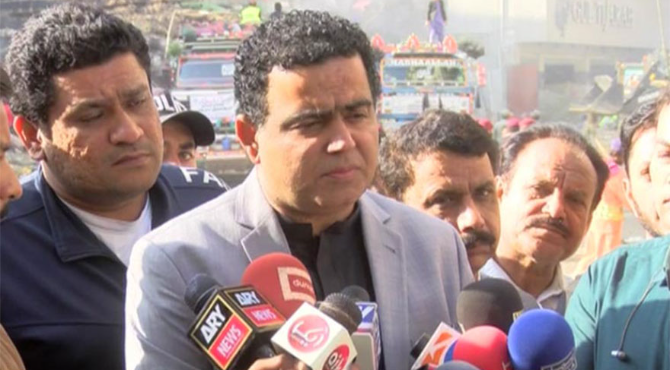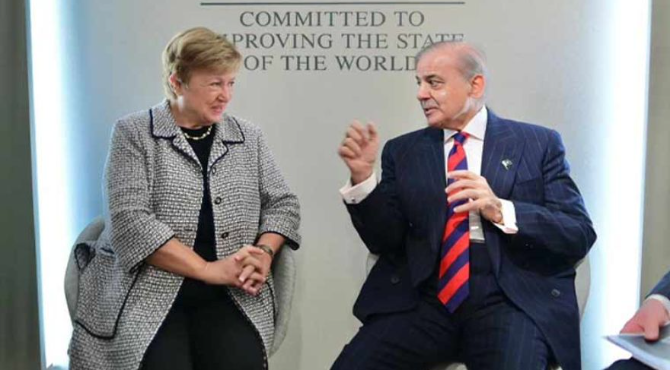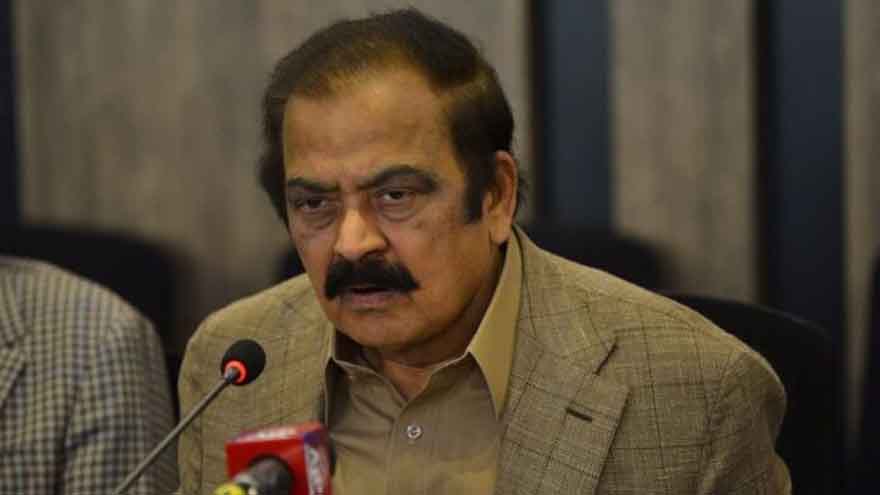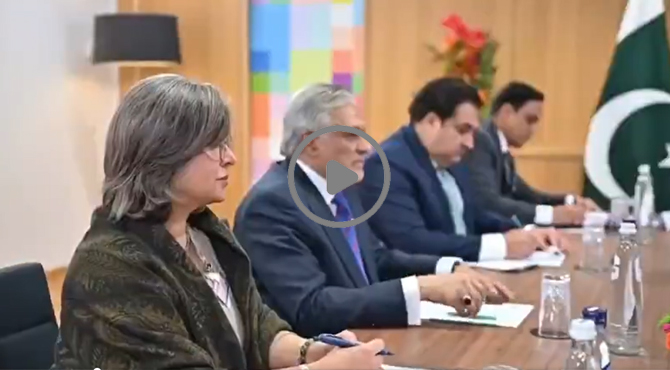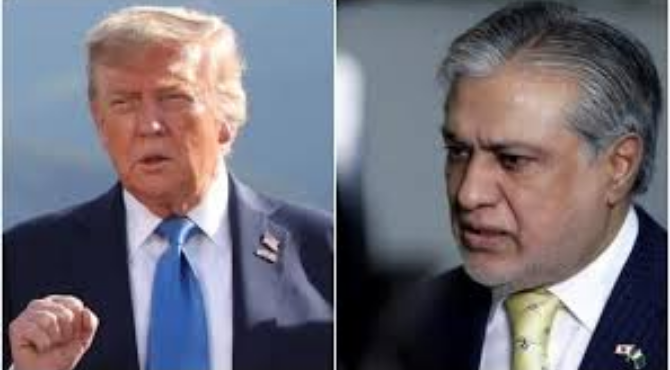By: Mazhar Tufail
whatever happened in BD, is going to happen here.
To some extent, the situation will indeed influence Pakistani politics. A notable precedent is the political shift in Bangladesh, where the newly established government promptly lifted the ban on Jamaat-e-Islami, a party with pro-Pakistani leanings. This move underscores the significant impact that changes in governance can have on political alliances and affiliations within a state.
Should the Pakistani military hierarchy draw inspiration from the actions of their Bangladeshi counterparts, it may prove counterproductive. In the current socio-political climate, the armed forces no longer command the same level of respect and legitimacy that they once did. The legitimacy and authority of military institutions are crucial in maintaining stability and order, as emphasized by theories of civil-military relations.
If Pakistan were to experience political upheaval akin to that of Bangladesh, the implications for national unity would be profound. The fragmentation of political cohesion poses a serious threat to state stability, aligning with the concerns highlighted by constructivist theories on national identity and cohesion.
The prudent course of action for the Pakistani establishment is to engage in negotiations with Imran Khan. A practical compromise would involve securing assurances that, should he ascend to power, he would honor the commitments made by the current government to international organizations, including adherence to the IMF program. This approach aligns with liberal theories advocating for the importance of maintaining international cooperation and economic stability.
Considering the prevailing security situation in the Middle East, a military-led government in Pakistan might initially appear advantageous to its Western allies, who often align with authoritarian regimes for strategic purposes. However, realist theories caution that the long-term consequences for the nation could be dire. The pursuit of short-term stability at the expense of democratic norms and institutional integrity is likely to undermine national interests in the long run.




